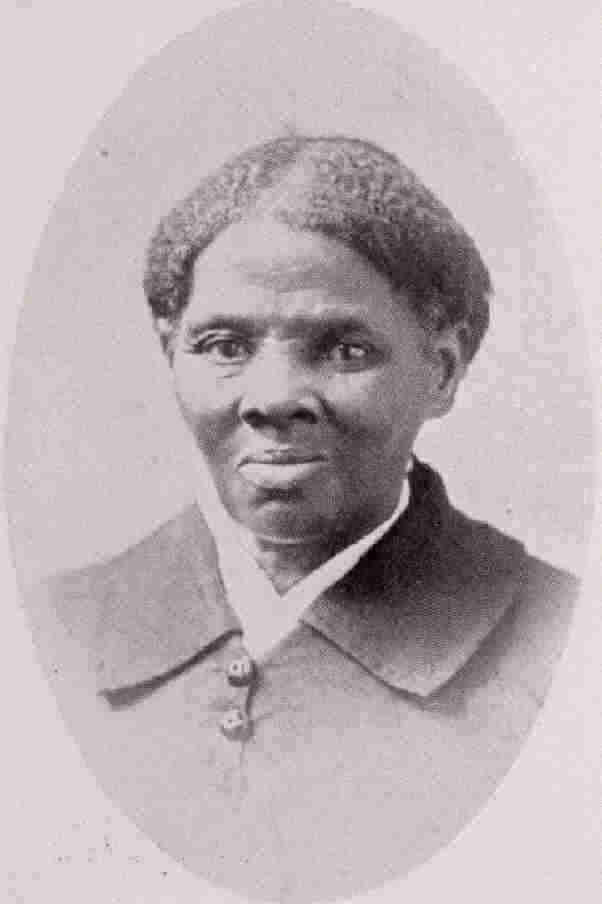WASHINGTON – Descendants of Harriet Tubman and supporters from Maryland and New York gathered Wednesday on Capitol Hill to press for legislation that would create a national park honoring the Eastern Shore native.
The event, called “Harriet on the Hill,” gave supporters an opportunity to demonstrate at the Capitol, lobby lawmakers and talk with Sen. Ben Cardin, D-Md., the lead sponsor on the Harriet Tubman National Historic Parks Act bill.

“It’s important to have a place where people can learn where Harriet Tubman changed America. One person changed America,” Cardin said. “Our goal is about preserving this for future generations. It’s so important for Americans to know this story.”
Tubman lived on the Eastern Shore as a slave until she escaped and made her way north. Tubman returned to her birthplace several times, risking her life to help slaves escape.
The proposed park would span Caroline, Dorchester and Talbot counties on Maryland’s Eastern Shore, as well as Tubman’s home in Auburn, N.Y. The Harriet Tubman Underground Railroad National Historic Park on the Eastern Shore would allow visitors to see where Tubman lived and the path she took to bring slaves to freedom.
“When you go out there in the area, you get the sense of what they went through. She walked there, she hid there,” said Jacqueline Ross-Henry, Harriet Tubman’s seventh great grandniece. “When I’m there, I wonder what I would do if I was in that position, if I could make it.”
Ross-Henry is part of an active group of Tubman descendants in the area who advocate for Tubman’s story to be told. Ross-Henry has recently become a certified tour guide, and will be conducting tours in the same spots where her ancestor walked.
Ross-Henry said she was excited that Tubman’s memory could be honored in a national way, especially after a bill in the Maryland legislature that would have put a statue of Tubman in the U.S. Capitol was shelved earlier this year.
Del. Susan Lee, D-Montgomery, introduced the bill to replace a statue of John Hanson in Statuary Hall with one of Tubman. Each state is allowed two statues in the U.S. Capitol.
Maryland is represented by Charles Carroll, a signer of the Declaration of Independence, and John Hanson, who was the first president of the Continental Congress under the Articles of Confederation.
The bill met strong opposition. After debating and amending the bill, the legislation was ultimately shelved.
In addition to the historical significance of the proposed national park land, supporters say the park would provide much needed economic development to counties that have been hit hard by the recession. The creation of the park would have far reaching implications for the economy on the Eastern Shore, stimulating a variety of jobs from construction workers to hotel employees.
Cardin said that while the economic issue is certainly not the most important issue for the park, it is a compelling one.
“This is an economic issue. We need to get people back to work,” Cardin said. “Harriet Tubman will be a draw for people in Dorchester County.”
Although the bill has support from Maryland residents and several members of Congress, it is still far from becoming reality. The bill is currently in a Senate committee, and has yet to be introduced in the House. Rep. Richard Hanna, R-N.Y., supports the idea of the park, but said the bill faces some challenges.
“This is a difficult time in Congress. Money is tight,” Hanna said. “We will carry this through to its conclusion. If we work together, and acknowledge that these are difficult times, we can reach conclusions.”
For those who draw inspiration from Tubman, however, the struggles ahead will be overcome.
“We’ve come too far to turn back now,” said Patricia Ross-Hawkins, a sixth generation great grandniece of Tubman. “No is not an option.”


You must be logged in to post a comment.